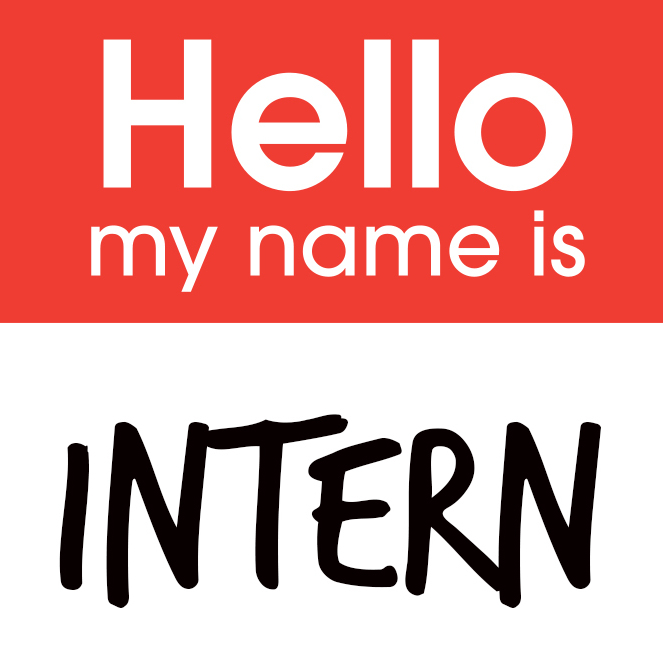
Software Engineering Intern
An internship is a period of work experience offered by an organization for a limited period of time. In software, a software engineer intern tends to have stronger importance with more competitive pay and real projects to work on.
Explore Interview QuestionsGoogle Interview QuestionsMeta Interview QuestionsAmazon Interview QuestionsApple Interview QuestionsNetflix Interview Questions
Explore Jobs By LevelEntry-Level Software Engineer JobsMid-Level Software Engineer JobsSenior Software Engineer JobsStaff Software Engineer Jobs